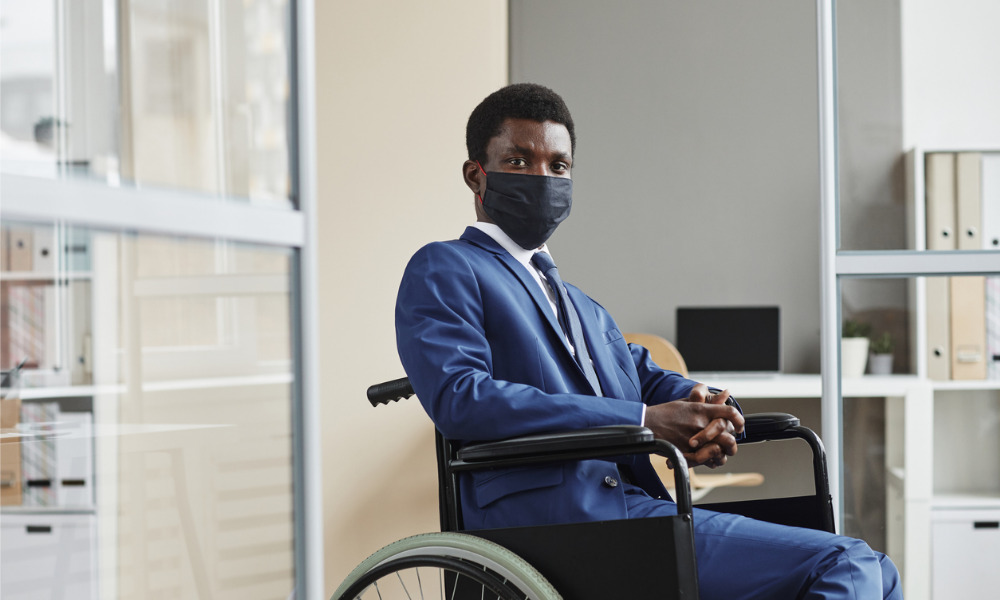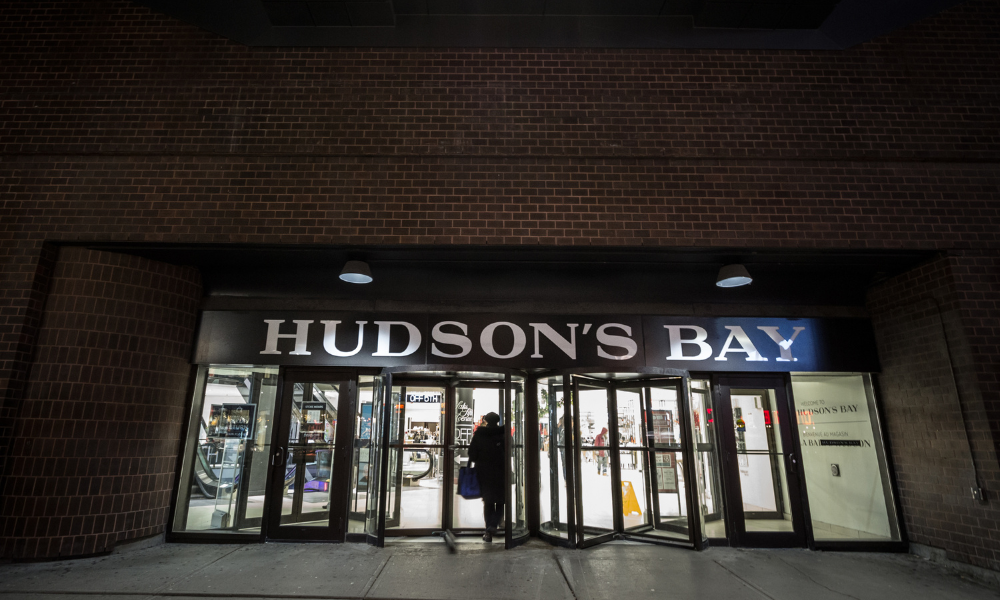'An awful lot of it came down to a pre-existing environment that created inequities or vulnerabilities'

The coronavirus pandemic has negatively affected plenty of employees but for those with physical or mental health challenges, a lack of support on the job has exacerbated the issues, according to a recent study.
“Not surprisingly, people who live with a condition that creates a disability at work report more concerns and they report less support and that’s particularly true for people who had both a physical and a mental health disability in the sense that they probably had the most challenges to deal with,” says Monique Gignac, scientific codirector and senior scientist at the Institute for Work and Health (IWH) in Ottawa. “An awful lot of it came down to a pre-existing environment that created inequities or vulnerabilities.”
A survey was conducted in June 2020 as 3,066 individuals were asked about their work situations and how they were coping. The results were published as “Impacts of the COVID-19 pandemic on health, financial worries, and perceived organizational support among people living with disabilities in Canada” and it was published in the Disability and Health Journal.
For those workers surveyed, how they felt seemed less about the deadly pandemic and more about their often “precarious” work positions, says Gignac.
“What emerged very clearly is that when you take into account the job --- whether they’re working contract or they have a permanent job; whether they have control of a job or they have a lot of stress; whether they have support met at work --- it was really clear that it was those differences in the jobs that were driving the concerns. It wasn’t the health that people had experienced or the type of condition that people had, it was the fact that their jobs were much more precarious [and] they were more vulnerable than others.”
A lot of the research seems to be pointing the finger at employers, she says.
“We have studies that are starting to look more at the work experiences… and what we’ve been doing is to really try to understand what it is about work that creates problems. We have a sense that having unmet support needs some accommodations but [people are] not being able to get access to them or use them.”
HR shouldn’t stand back
For HR, the time to be passive is over, says Gignac.
“Employees who live with health conditions sometimes don’t seek the advice of HR as their first stop and trying to handle a problem; usually they try to work things out on their own. They might tell coworkers before they’ll tell a supervisor and they might tell their supervisor before HR. Often people go to HR, when there is a problem, they’ve hit a snag and things aren’t working.”
Instead of waiting to be contacted about a potential problem that needs support, HR should “get out there and advertise themselves as really being there to help employees work through the challenges created by COVID [and] other personal needs, like health problems, and the kinds of supports and ways we can make it work,” says Gignac.

Monique Gignac
Employers and HR people should also focus on allowing some workers to work more at home, says Gignac.
“Some of the remote working has actually been helpful to people working with a chronic condition. Commutes are really challenging, they’re exhausting and being able to be in your own environment means sometimes it’s more accessible for you, easier for you to work. There have been people who have said that the remote working experience has been really helpful to their condition and maintaining energy and minimizing some symptoms. They think it’s been good that their employer sees that,” she says.
“I would try to make employers more aware of that flexibility that you can give people; that culture that’s one of inclusivity… Those are some really important messages that come out of this, particularly because we had a finding that it was really unmet needs for support that was that was one of the key variables that was important,” says Gignac.
For some employees, working from home has contributed to more pain and discomfort, found one survey while a toxic workplace has meant more depression, according to another study.




